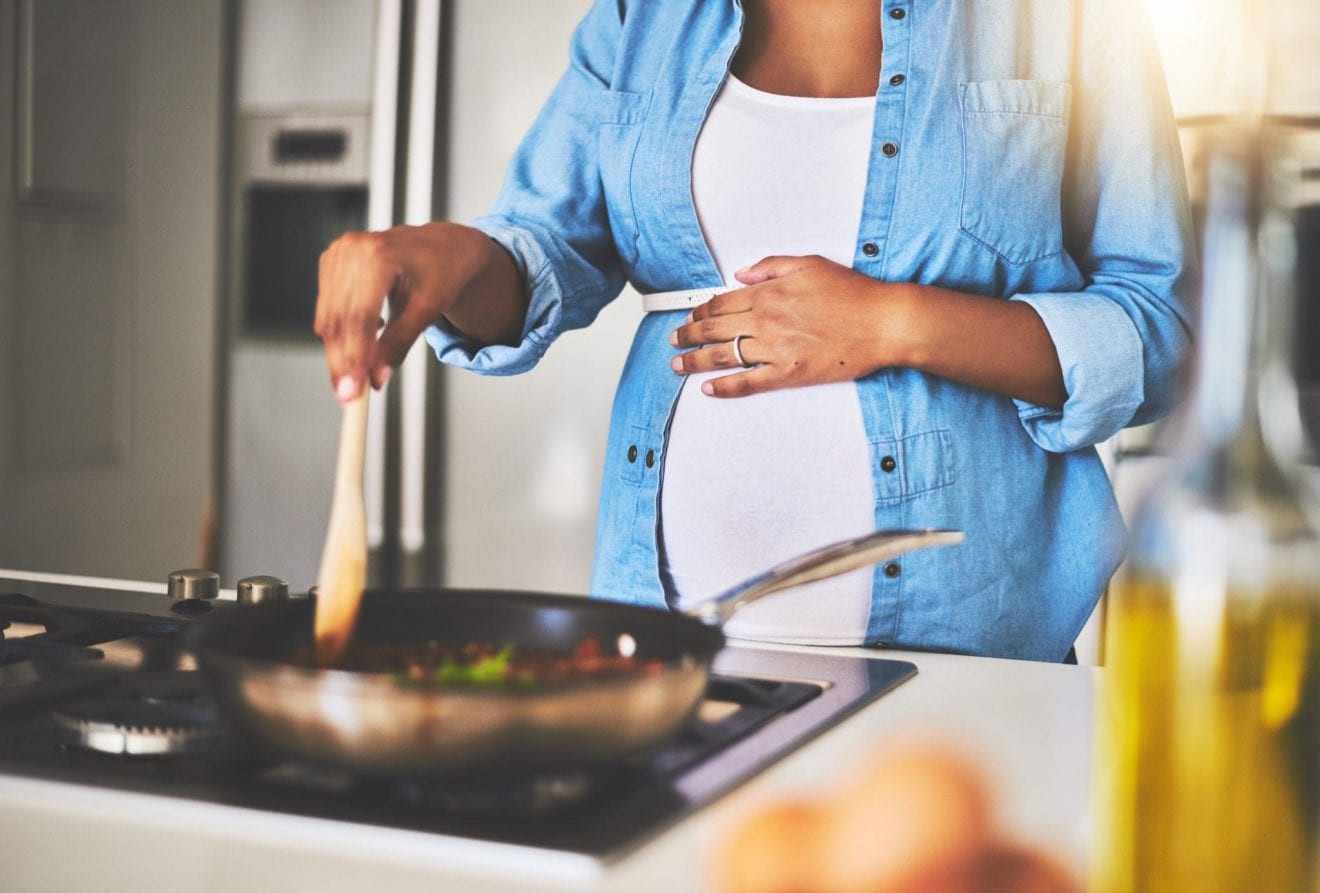While it’s normal to have mild anemia while you’re pregnant, it’s still not fun to be low on energy. If you are feeling extra tired during pregnancy, a simple blood test from your doctor can confirm if you have anemia. Anemia is a common condition in which your body doesn’t have enough healthy red blood cells to carry oxygen to your tissues and your baby.
During pregnancy, your body produces double its blood volume to support the growth of your baby, but if your body does not get enough iron or is not producing enough red blood cells, it can leave you feeling tired and weak. Your OB or midwife will likely do a Complete Blood Count test at least twice throughout your pregnancy, which will screen you for anemia.
If you’re not getting enough iron or certain other nutrients, your body might not be able to produce the number of red blood cells it needs to make this additional blood.
In the early stages of pregnancy anemia, you may not have obvious symptoms aside from being tired, and let’s face it, that’s something that you might have while pregnant even if you’re not anemic. So first and foremost, it’s important to get routine blood tests to check for anemia at your prenatal appointments.
If you are anemic during your pregnancy, you may need to start taking an iron supplement and/or folic acid supplement in addition to your prenatal vitamins. Your doctor may also suggest that you add more foods that are high in iron and folic acid to your diet. And of course, you’ll want to follow your doctor’s instructions for taking a prenatal vitamin that contains a sufficient amount of iron and folic acid.
Thankfully, with a few minor nutritional adjustments, you can prevent anemia and limit its impact on your energy during pregnancy.
4 Tips to Help with Pregnancy Anemia
1. Take a quality prenatal supplement
Although there are plenty of ways to get iron from the foods you eat, it’s always good to have extra insurance when it comes to this vital nutrient. Most women take a prenatal supplement, but some never think to check and make sure it contains iron.
2. Eat iron-rich foods
There are lots of other iron-rich foods you can pump your diet up with, including lean beef or buffalo, duck, cooked dried beans, oat bran, and more.
To help with anemia during pregnancy, make sure to get enough iron by adding more foods that are high in iron into your diet in addition to your high-quality prenatal vitamin.
Aim for at least three servings a day of iron-rich foods, such as:
- lean red meat, poultry, and fish
- leafy, dark green vegetables (such as spinach, broccoli, and kale)
- beans, lentils
- nuts and seeds
- eggs
Many types of nuts and seeds are also good sources of iron. They taste great on their own or sprinkled on salads or yogurt. Some nuts and seeds that contain iron are:
- pumpkin seeds
- cashews
- pistachios
- hemp seeds
- pine nuts
- sunflower seeds
3. Watch your caffeine
You know how much I love coffee, but it does dash the effects of iron. If you wash down that iron-rich steak with a caffeinated soda (or that healthy breakfast with an extra-large, second cup of coffee), you’re reducing the amount of iron that gets absorbed into your system. 1 or 2 cups of normal-sized cups of coffee per day are fine, but make sure you’re mindful of your intake.
4. Put vitamin C to work
Vitamin C is iron’s best bud since it’s well-known to improve iron absorption. Because foods that are high in vitamin C can help your body absorb more iron, I’m focusing on pairing the list above with some of the following:
- citrus fruits (think WHOLE fruit over just the juice for the added fiber benefits)
- strawberries
- kiwis
- tomatoes
- bell peppers
Try eating those foods at the same time that you eat iron-rich foods. For example, you could have some strawberries or an orange and some eggs and spinach or kale for breakfast.





























